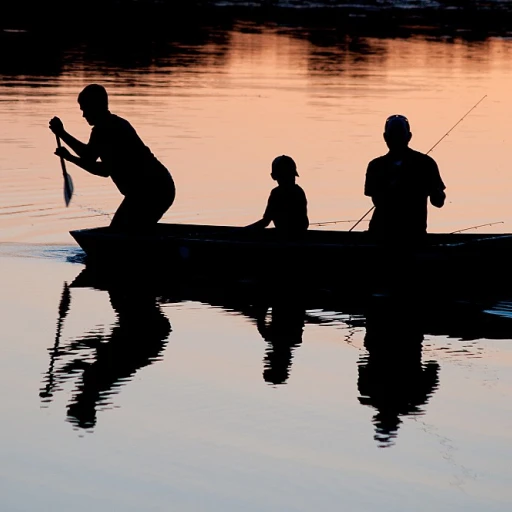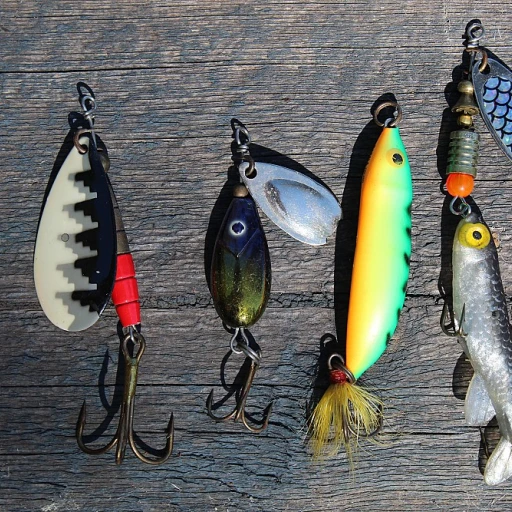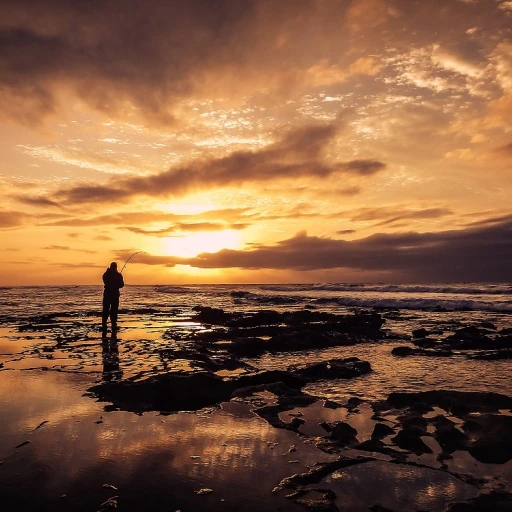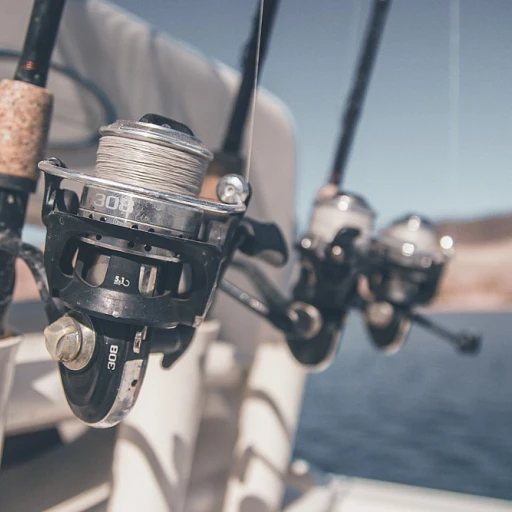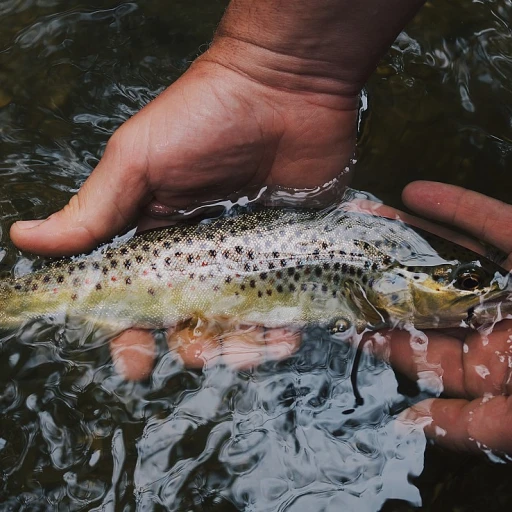The Silent Predator: Lowering Recreational Fishing's Impact on Local Ecosystems
Before you ready your tackle box for your next fishing trip, have you ever paused to consider how our beloved pastime impacts local aquatic ecosystems? No, I don't mean the long-lasting footprint left by fishing bait gone rogue or discarded monster energy cans.
Understanding The Catch of The Day
This blog post will dive deep into the not-so-discussed topic of how recreational fishing products and practices can affect fish populations and the overall health of our beloved water bodies.
Let's face it; the 'catch and release' strategy isn't always a happy ending for the fish. In fact, according to the US Fish and Wildlife Service, about 9% of fish released after being caught die due to stress or injuries. And that isn't a fish tale!
Recreational Fishing's Role in Local Ecosystems
Absolutely, fishing brings in numerous benefits, from boosting local economies to providing zen moments. However, fishing can also have significant repercussions on aquatic ecosystems if uncontrolled. Improper fishing gear, illegal practices, and overfishing dramatically disturb fish populations and habitats.
"The urgency of sustainable and ethical fishing practices has never been more paramount than it is today"
Reduce Your Fishing Impact: Start with Your Gear
Begins with what's in your tackle box. Biodegradable hooks and lures, lead-free weights, and even circle hooks can significantly minimize the impact of recreational fishing on aquatic life.
Gone are the days when we played a guessing game underwater. The fish finders are here! They operate by sending sound waves underwater, helping you identify where the fish are, trace your bait, and even check the temperature of the water. Handy, huh?
Impact Reduction Practices for Recreational Fishing
Wait, before you cast your line! Adhere to local fishing regulations, keep fishing practices within limits, and handle fish with utmost care during catch-and-release. By embracing such practices, we not only limit our impact on natural resources but also contribute to their conservation for future generations.
A Final Word
As the saying goes: 'There is plenty of fish in the sea.' But let's not forget 'the sea' hasn't been performing that great lately. Every step taken towards minimizing the impact of recreational fishing on ecosystems can make a difference. Bear with me, and remember: the greatest threat to our planet is the belief that someone else will save it. So, let's take the plunge and make our fishing more sustainable, less invasive, and as fun as ever, shall we?
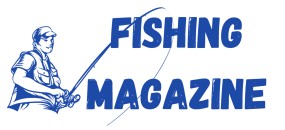
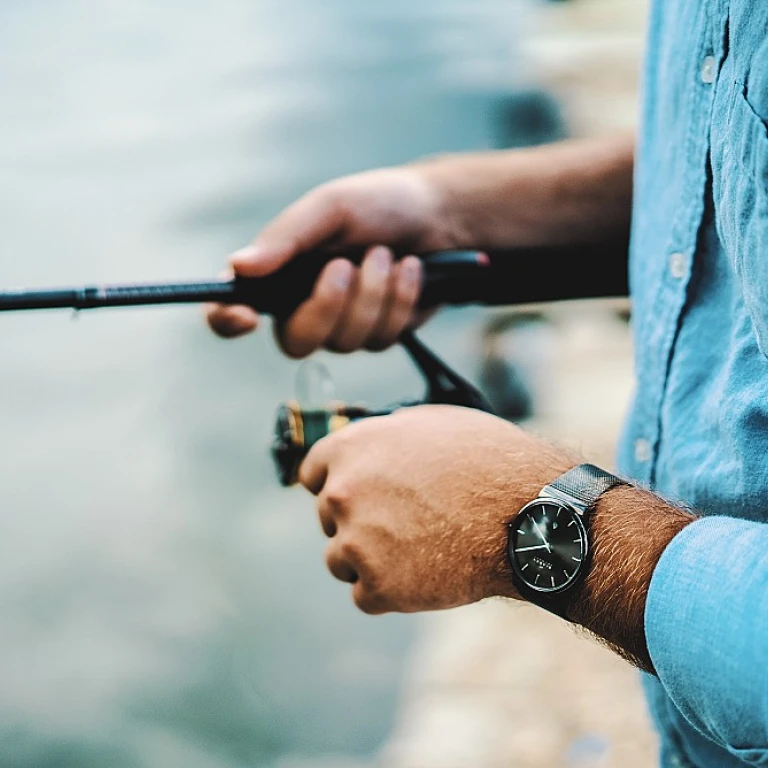
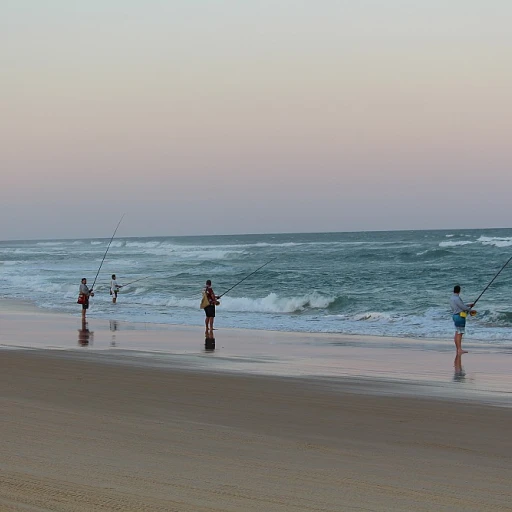
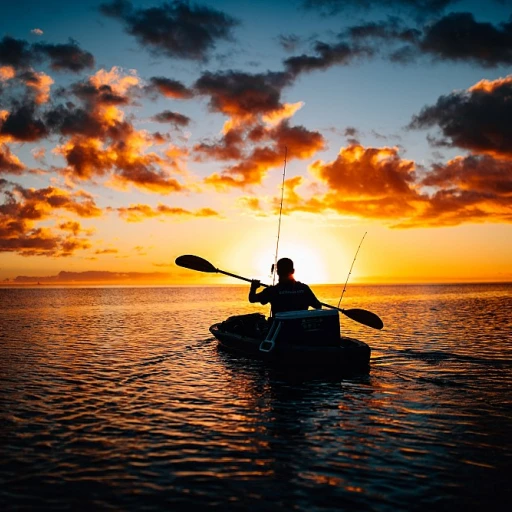
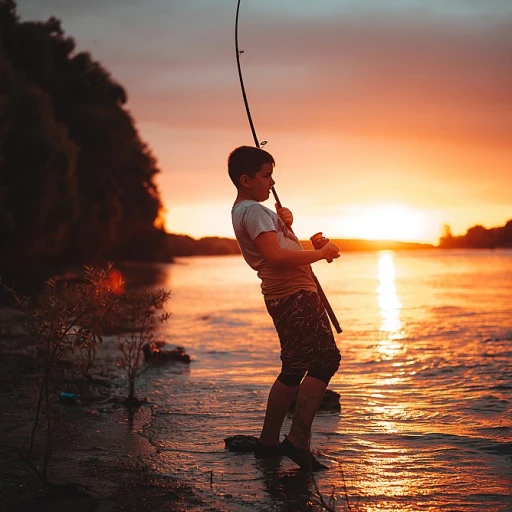
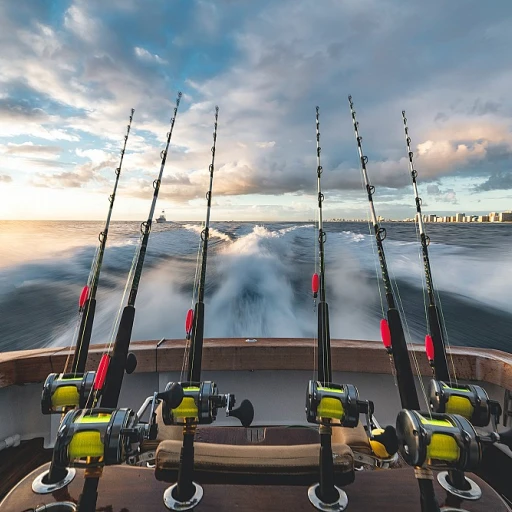
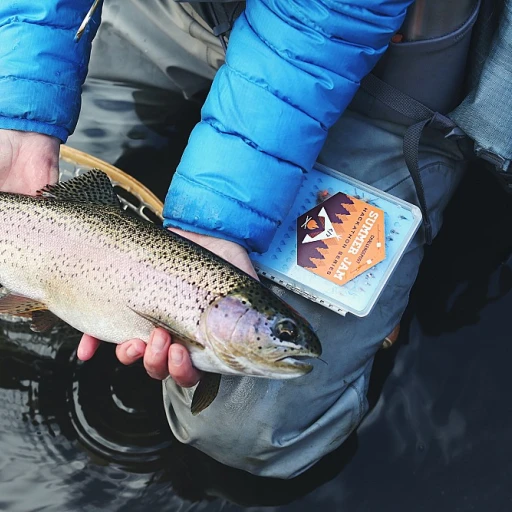
-large-teaser.webp)

